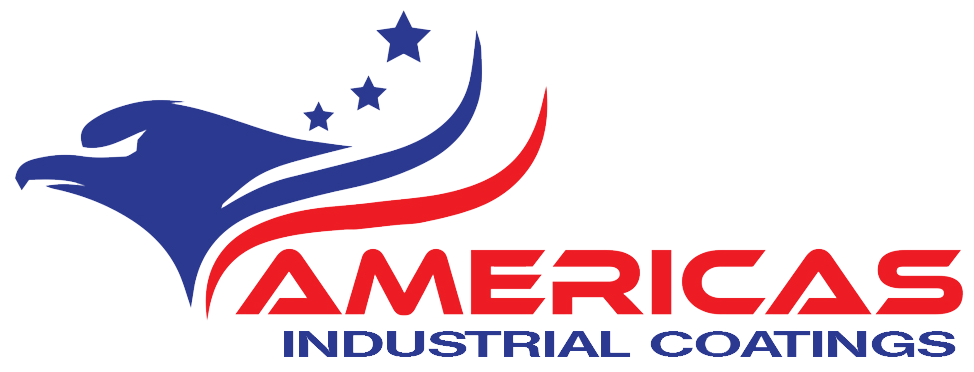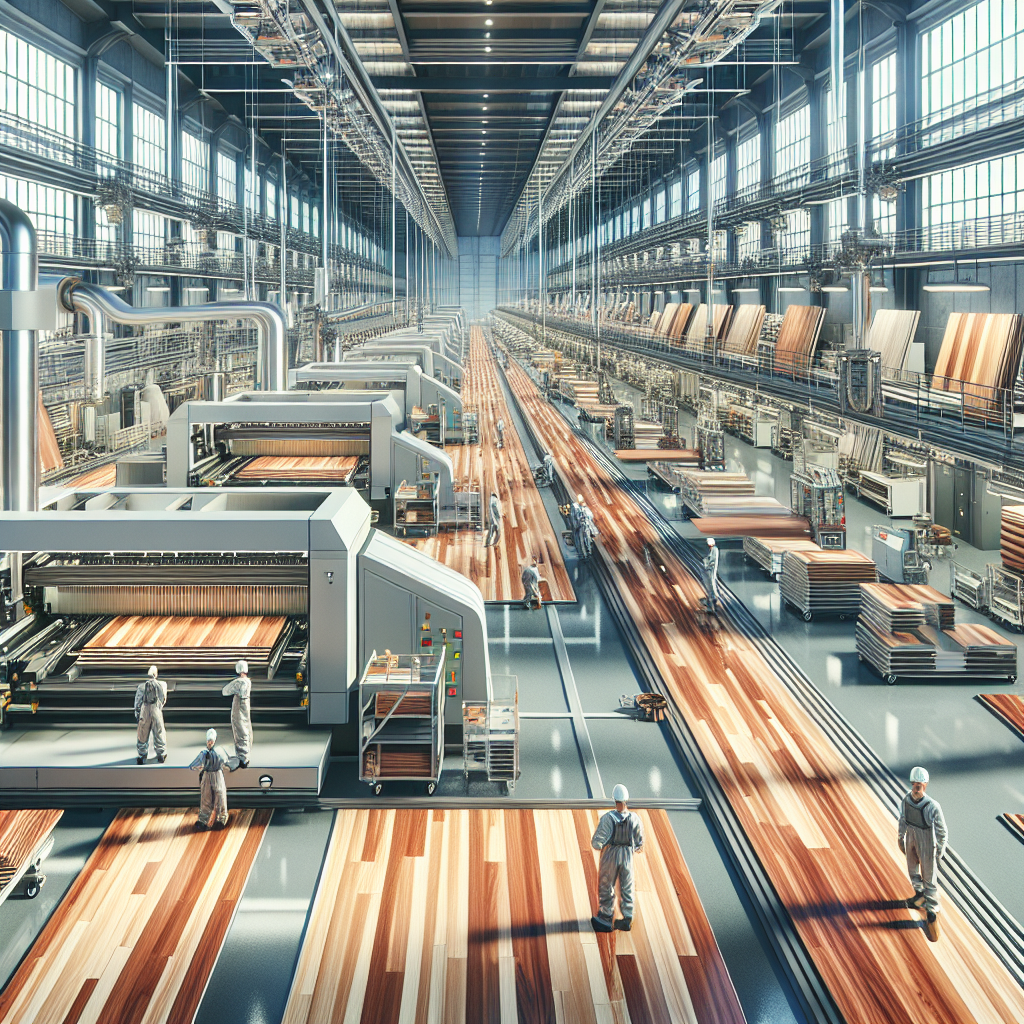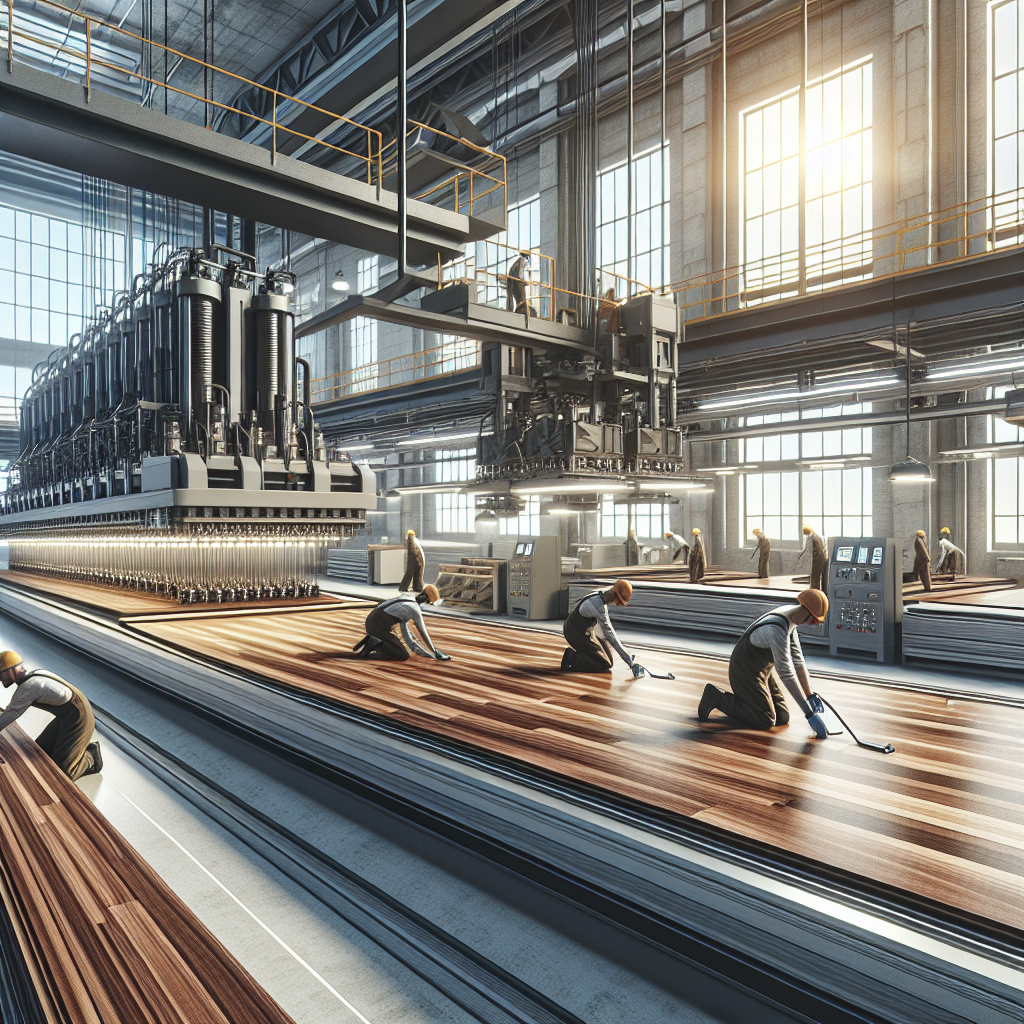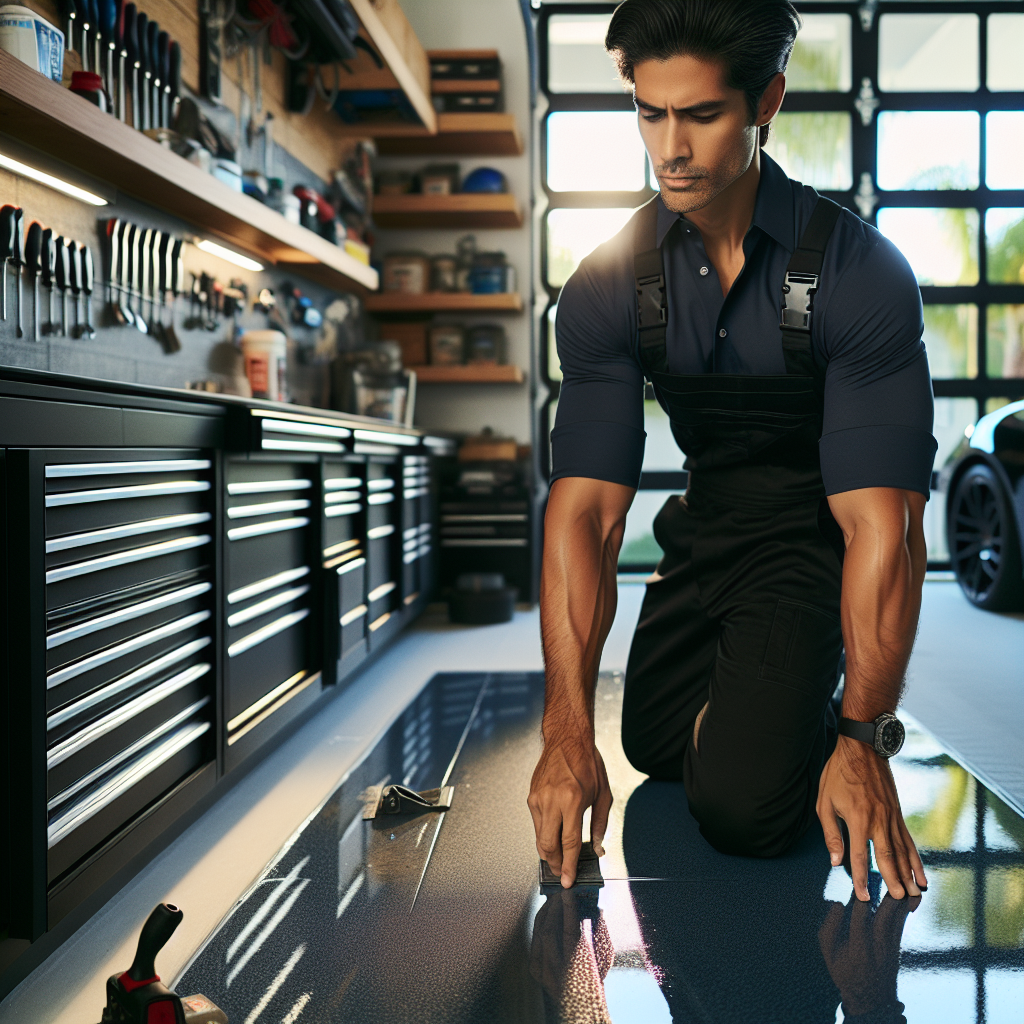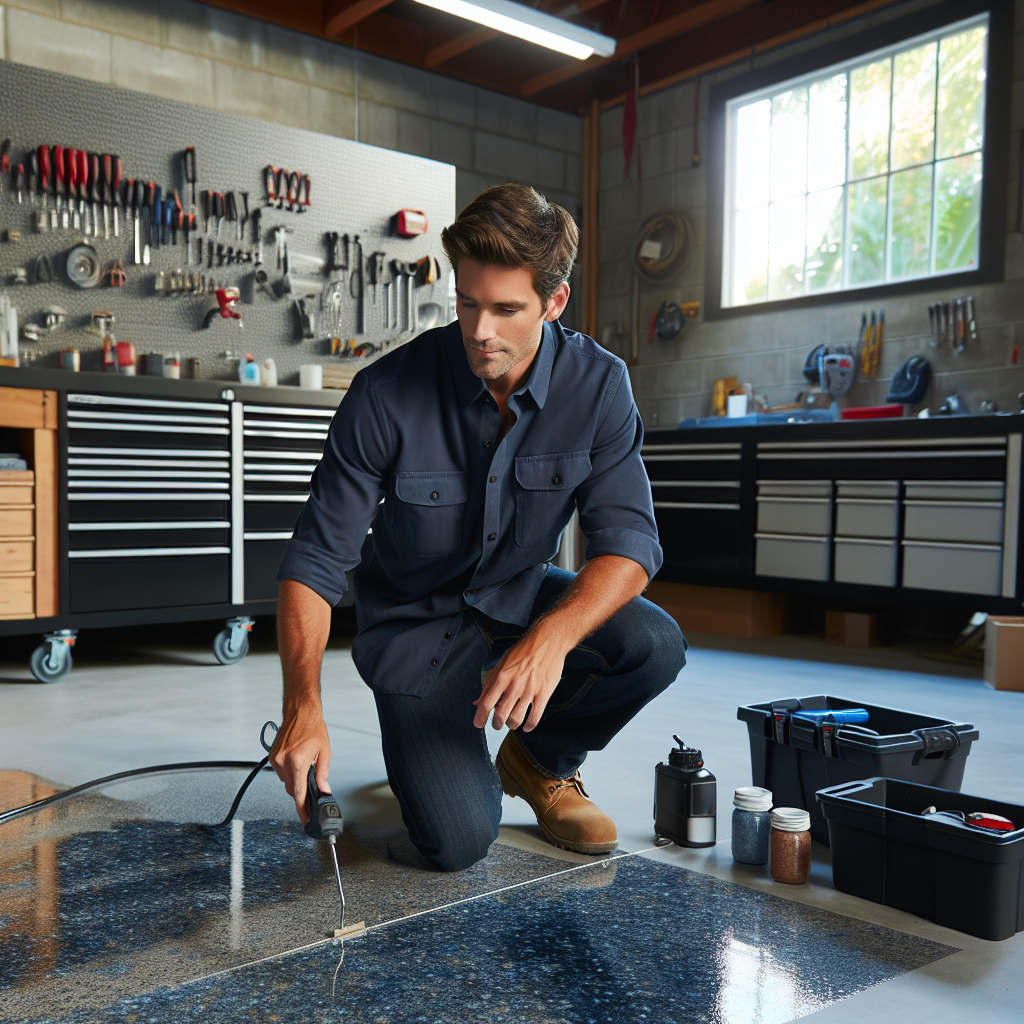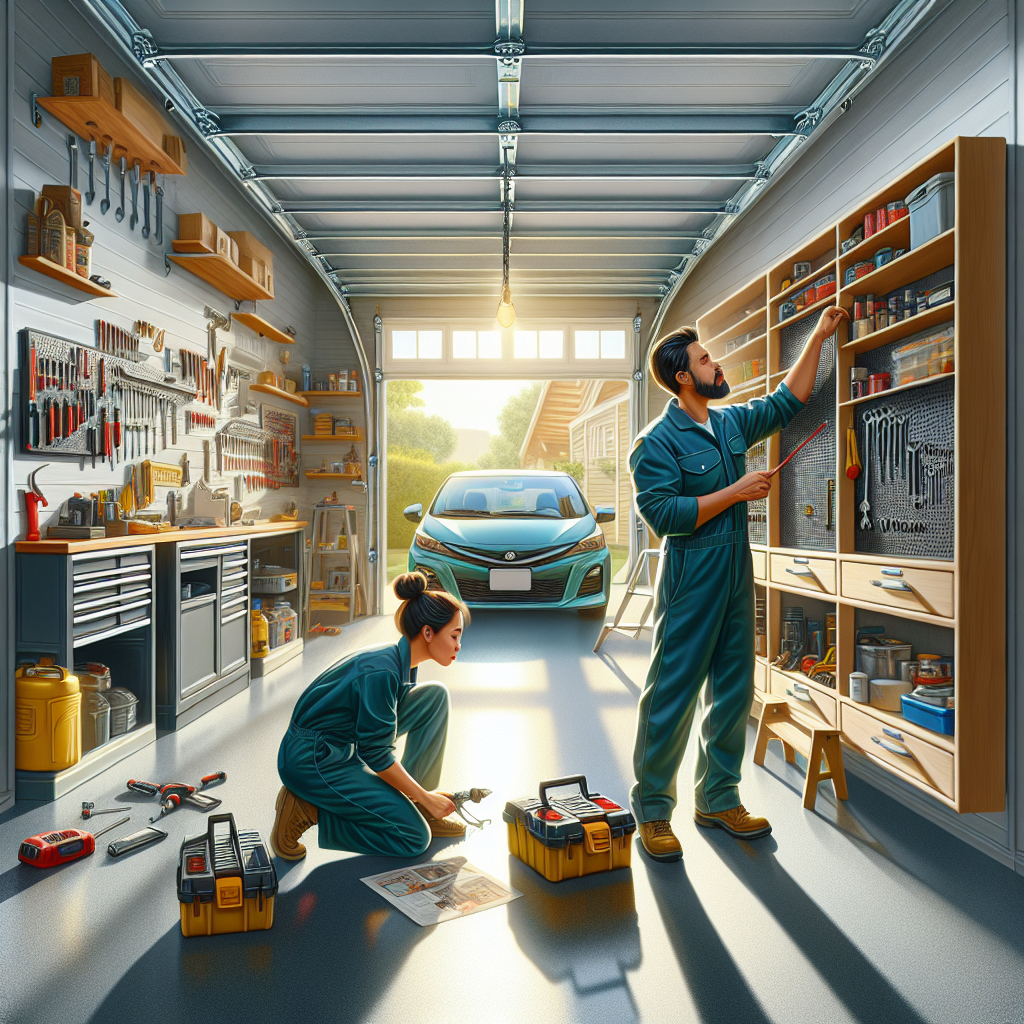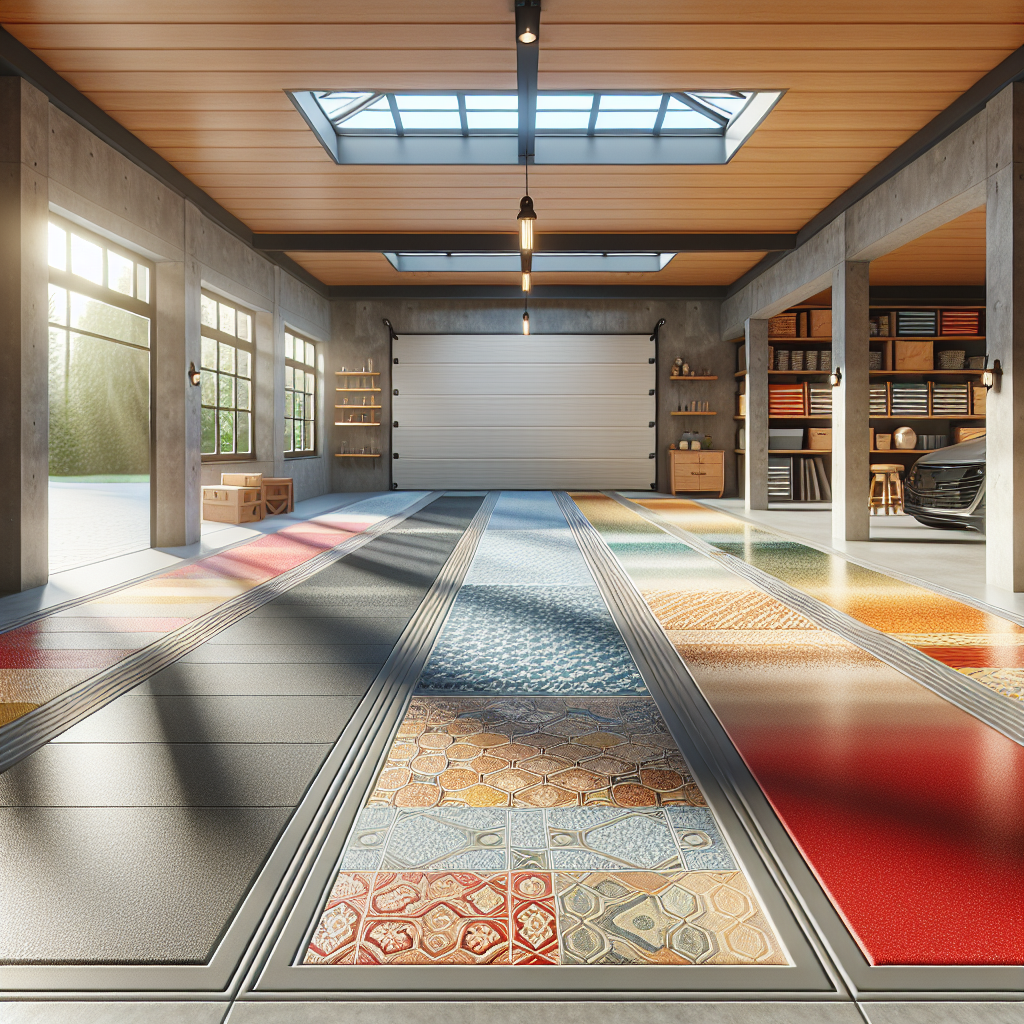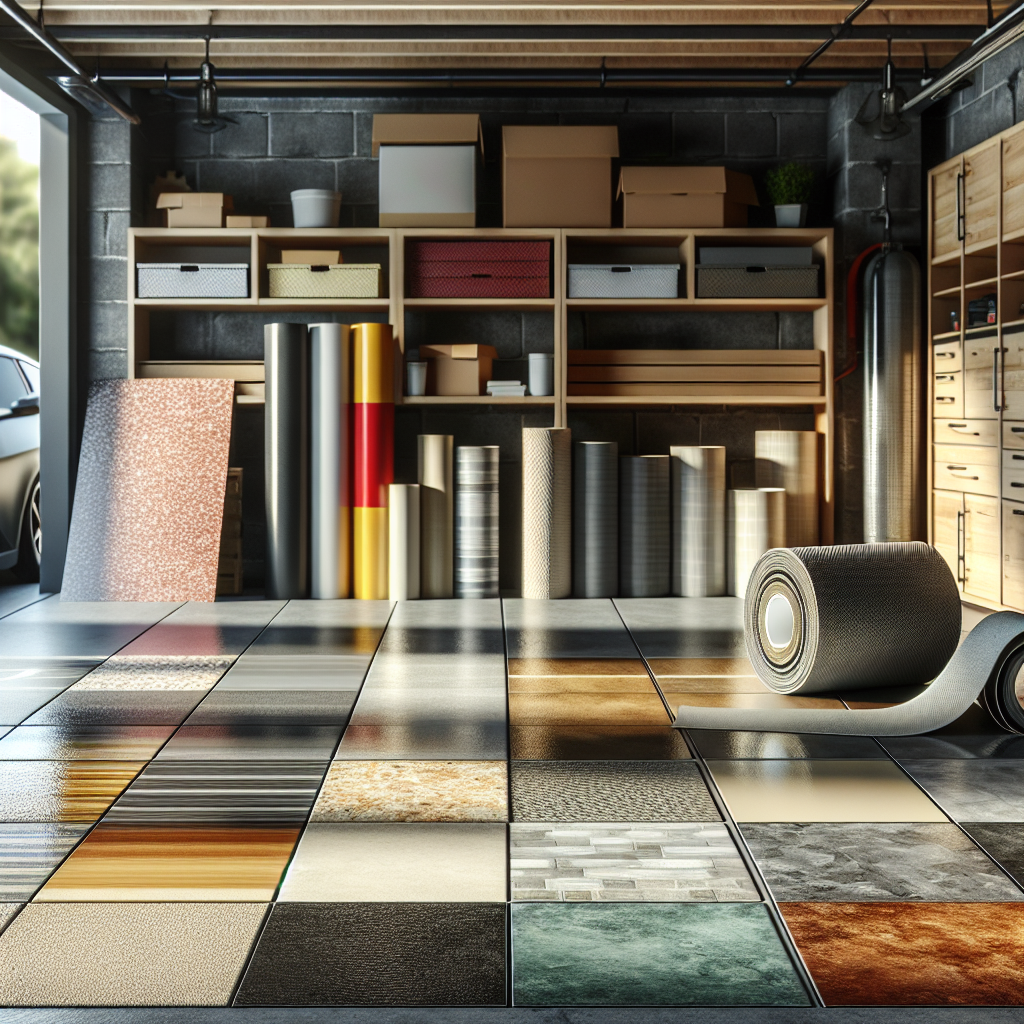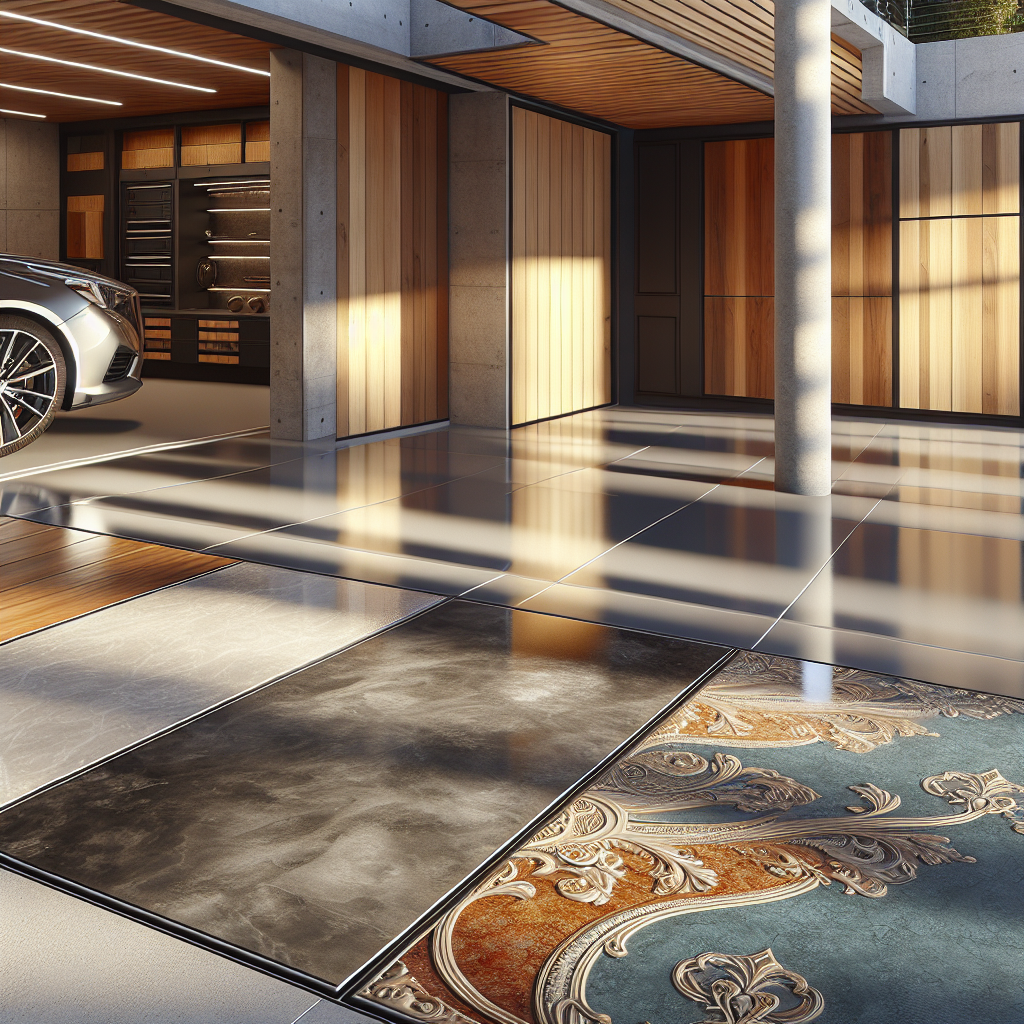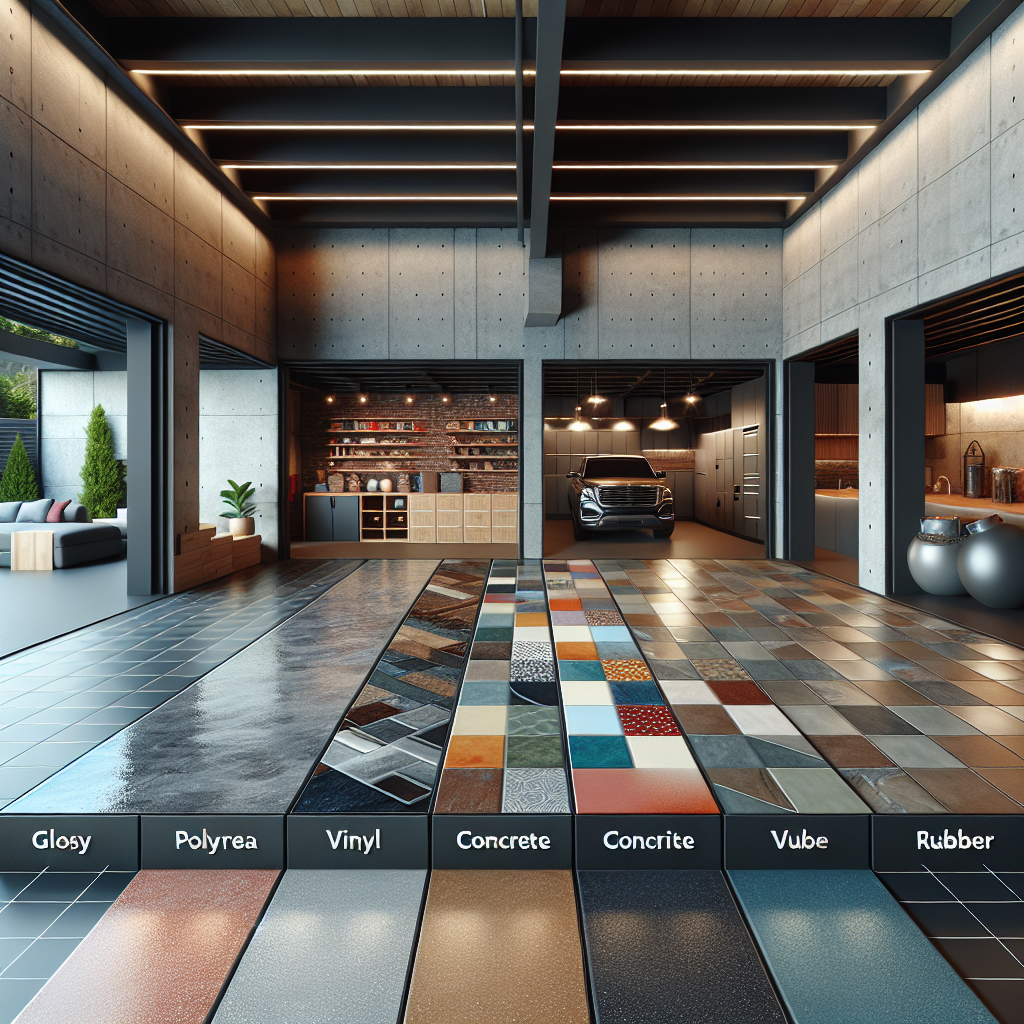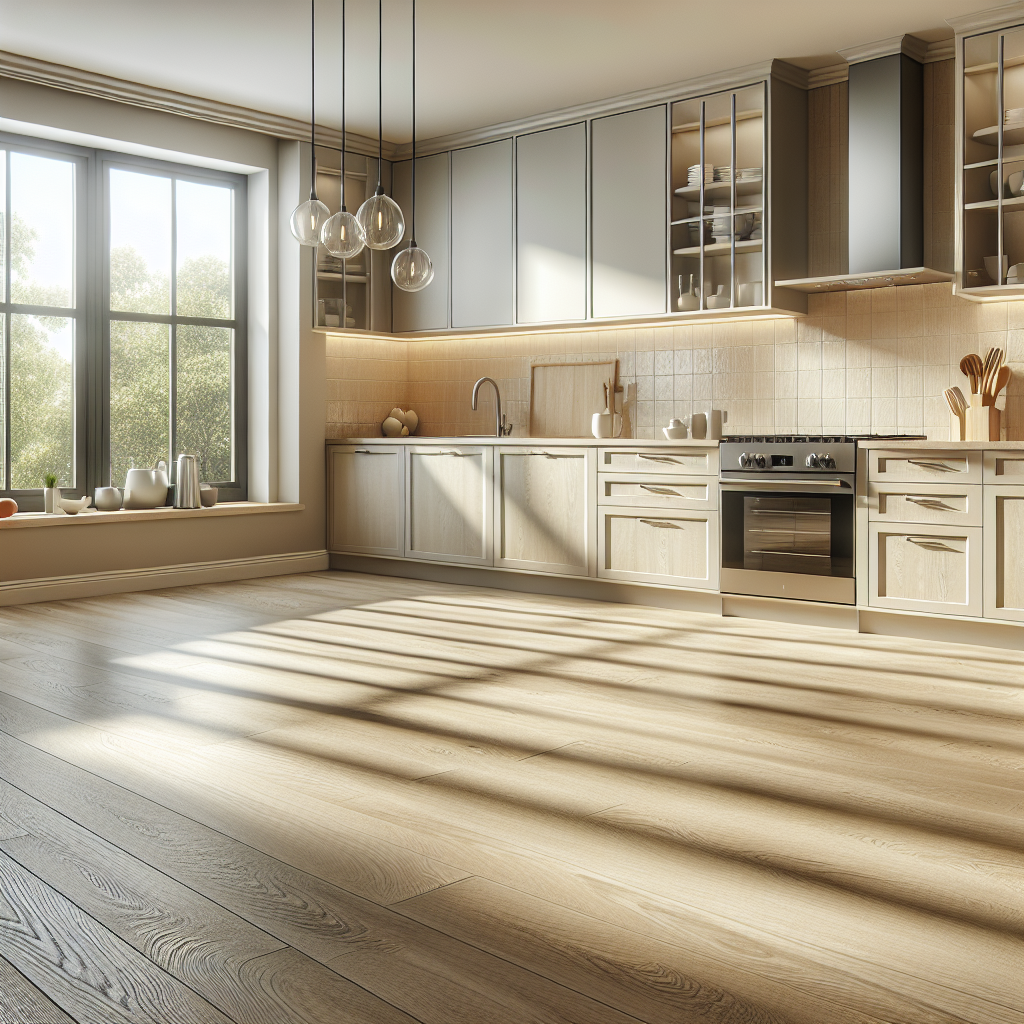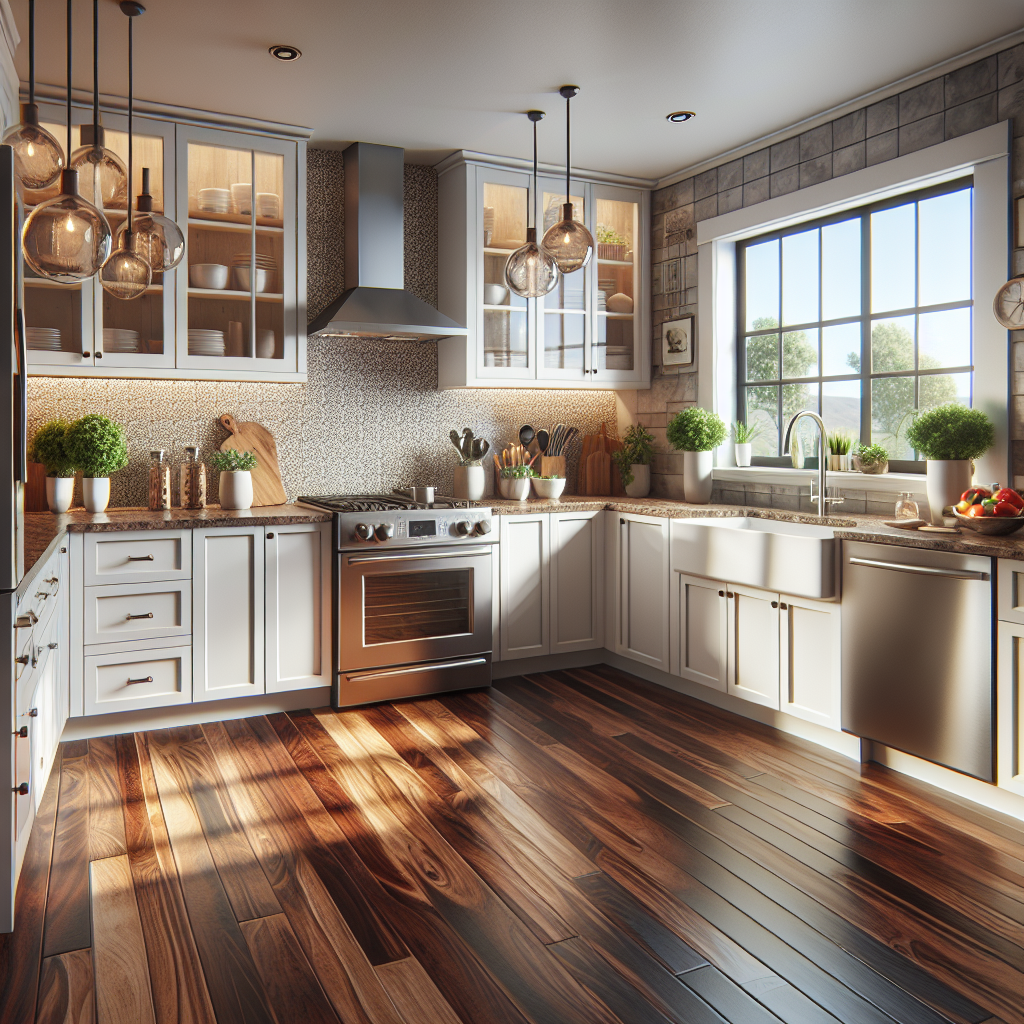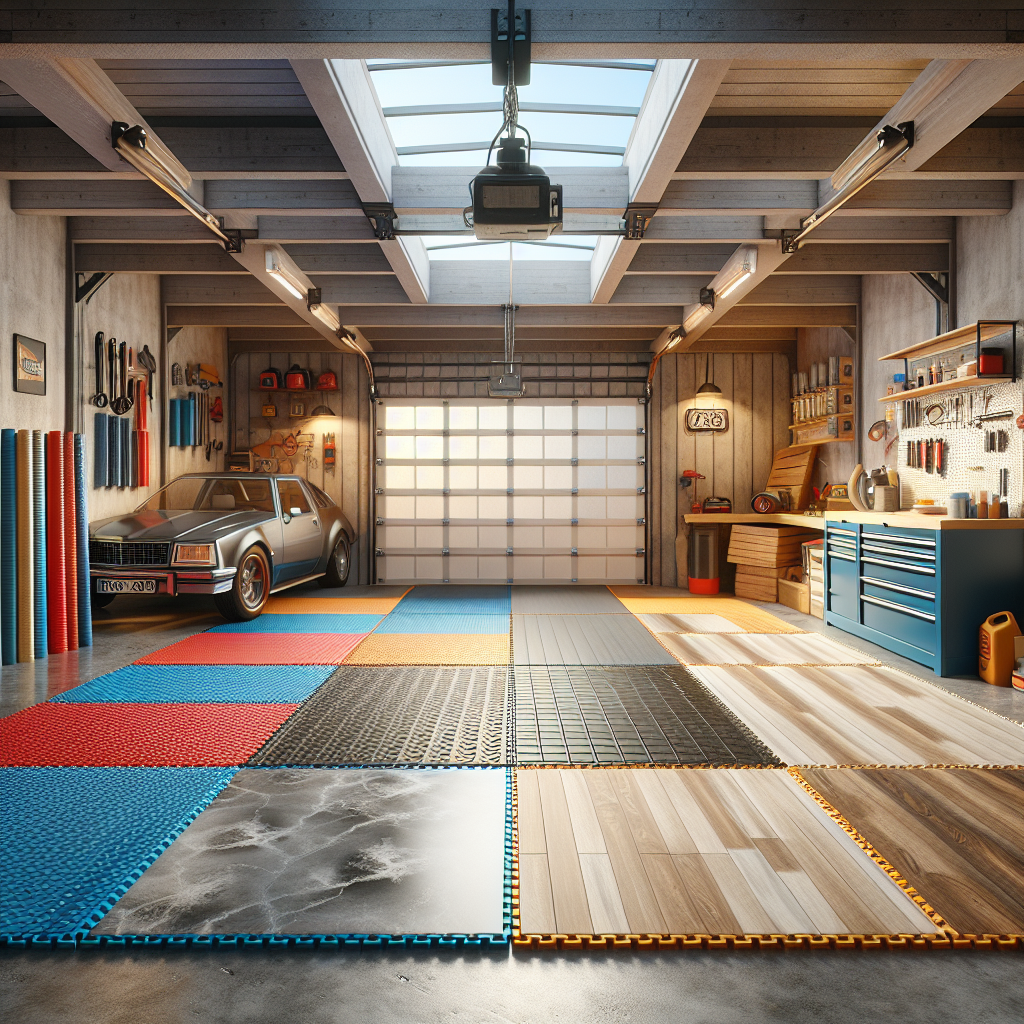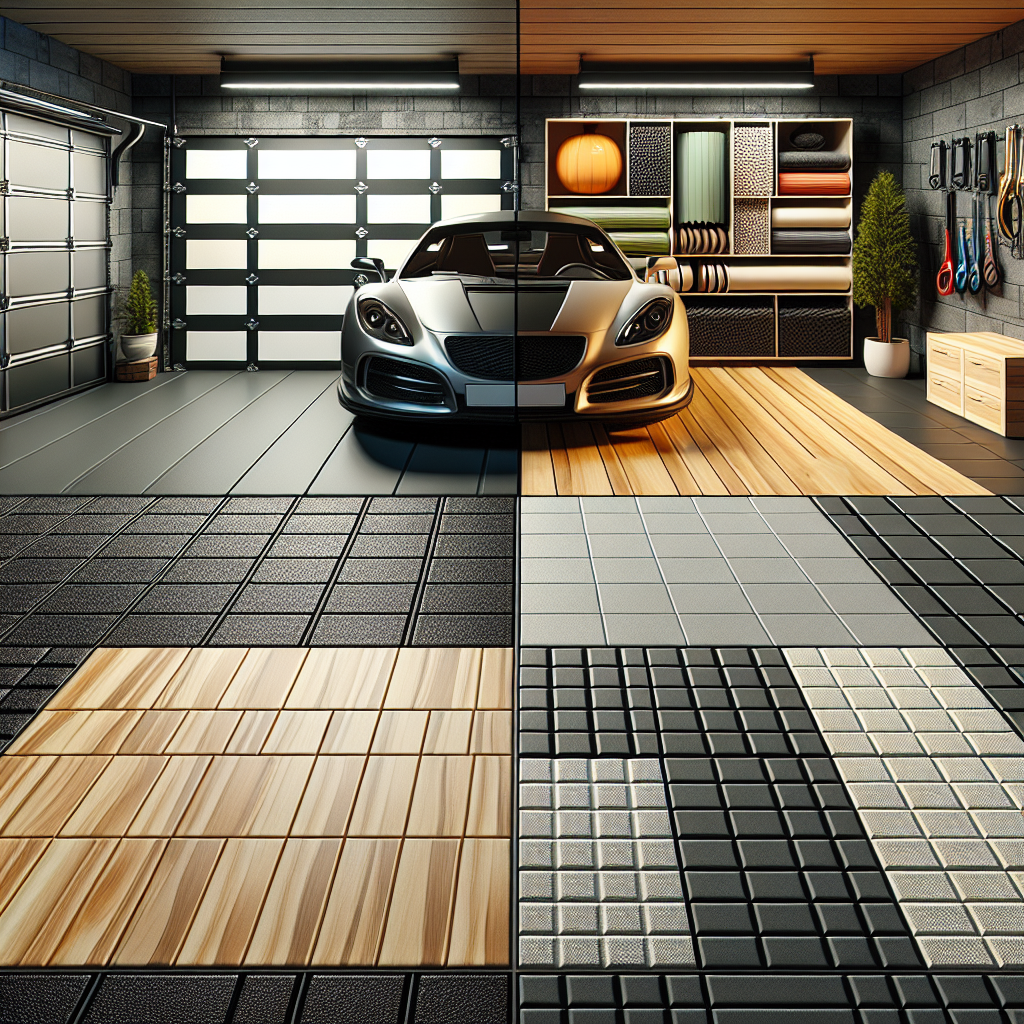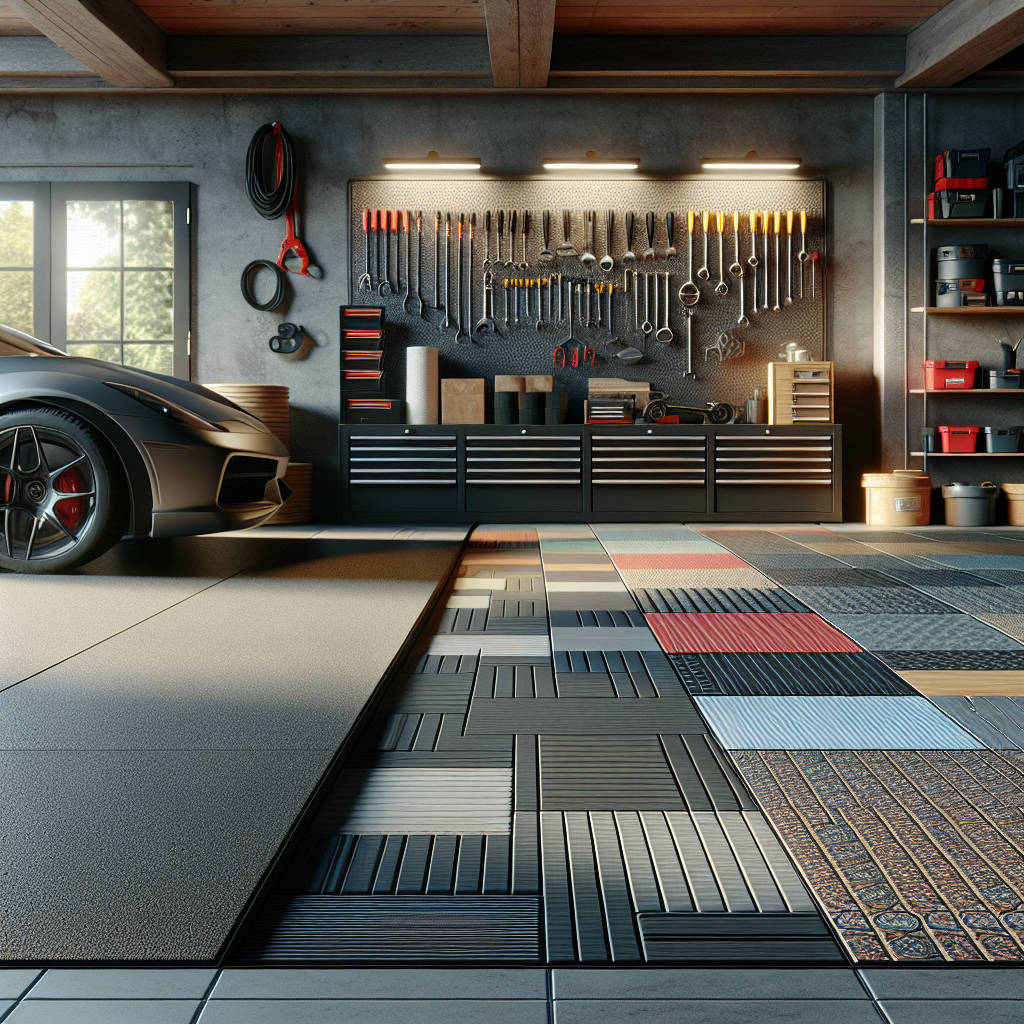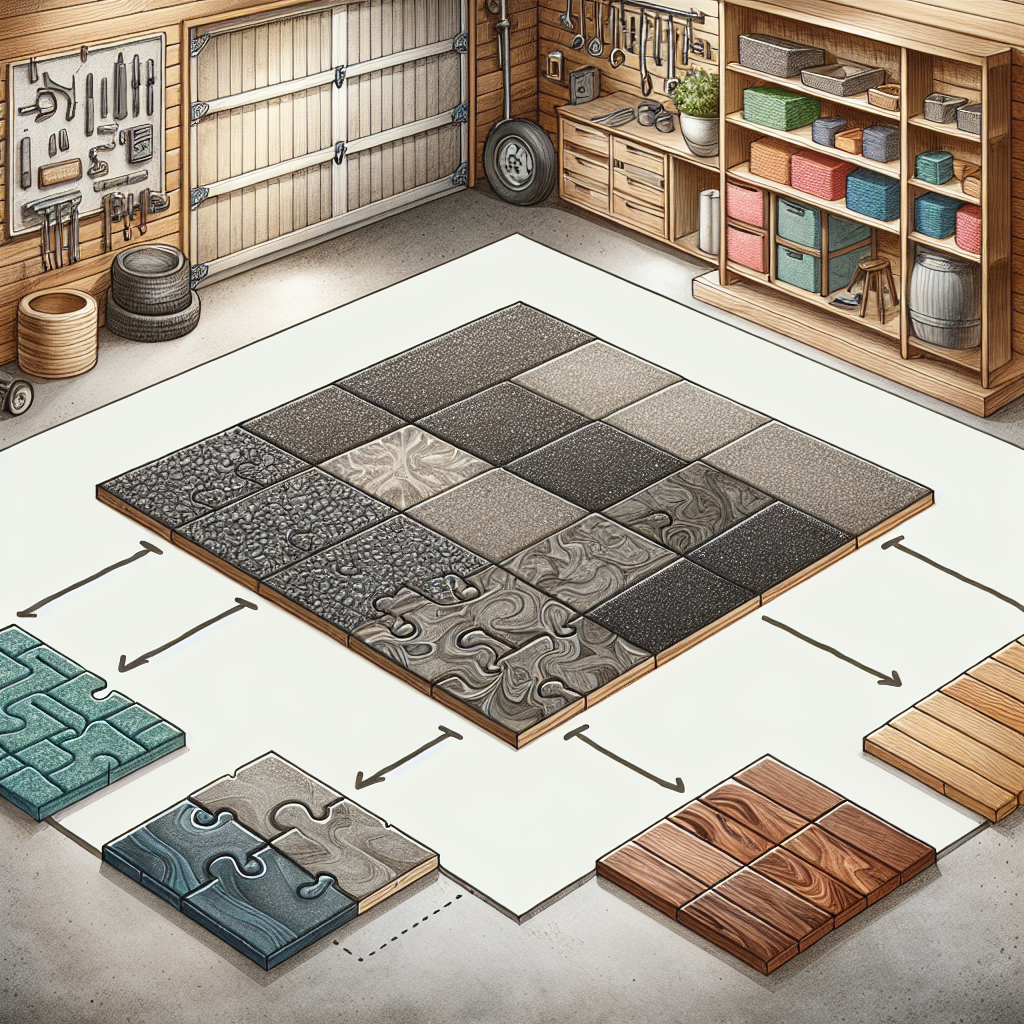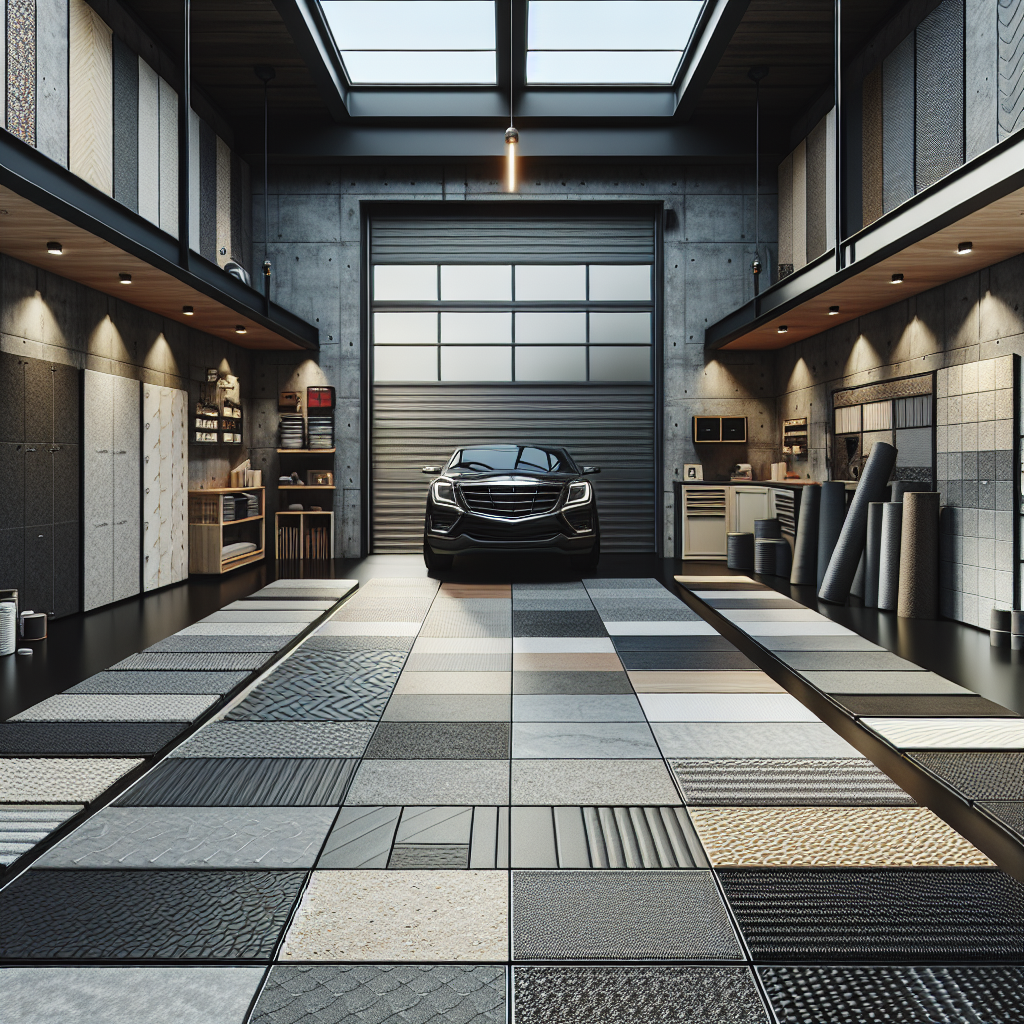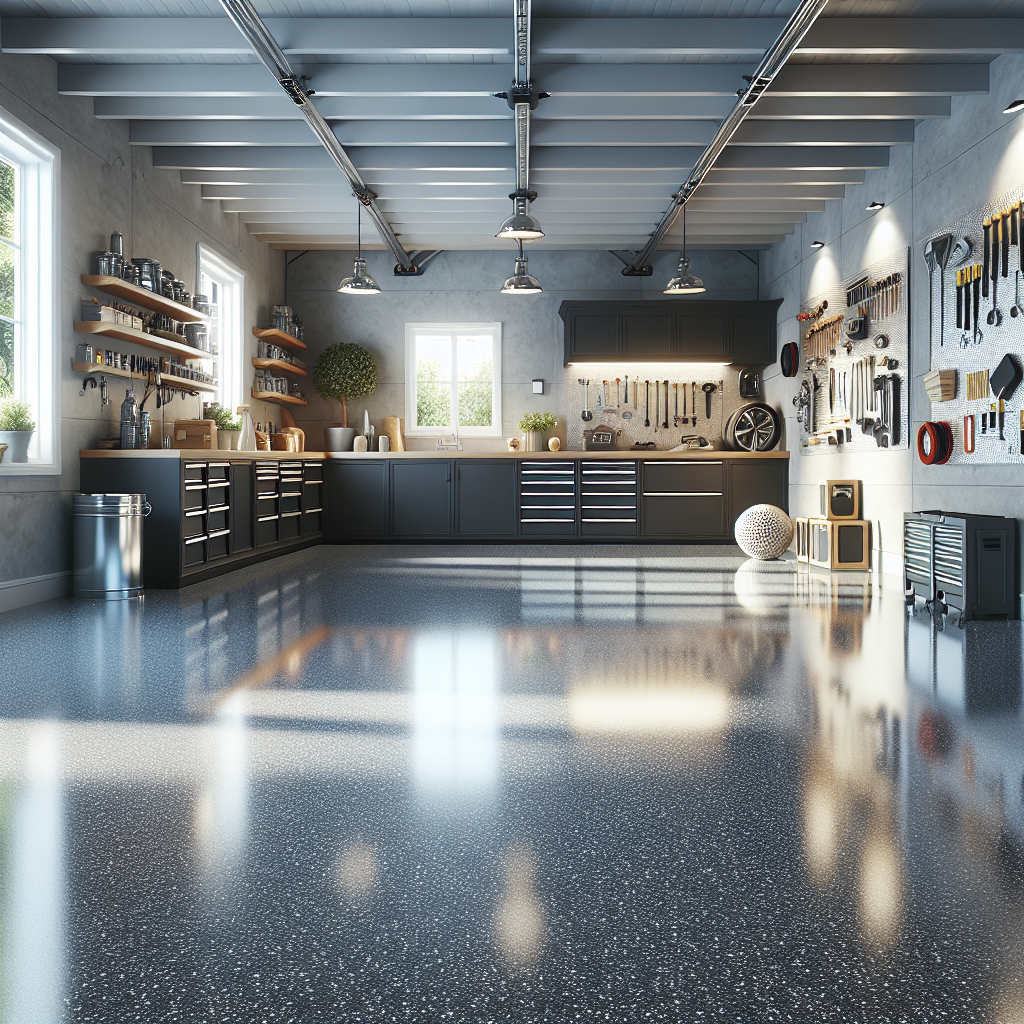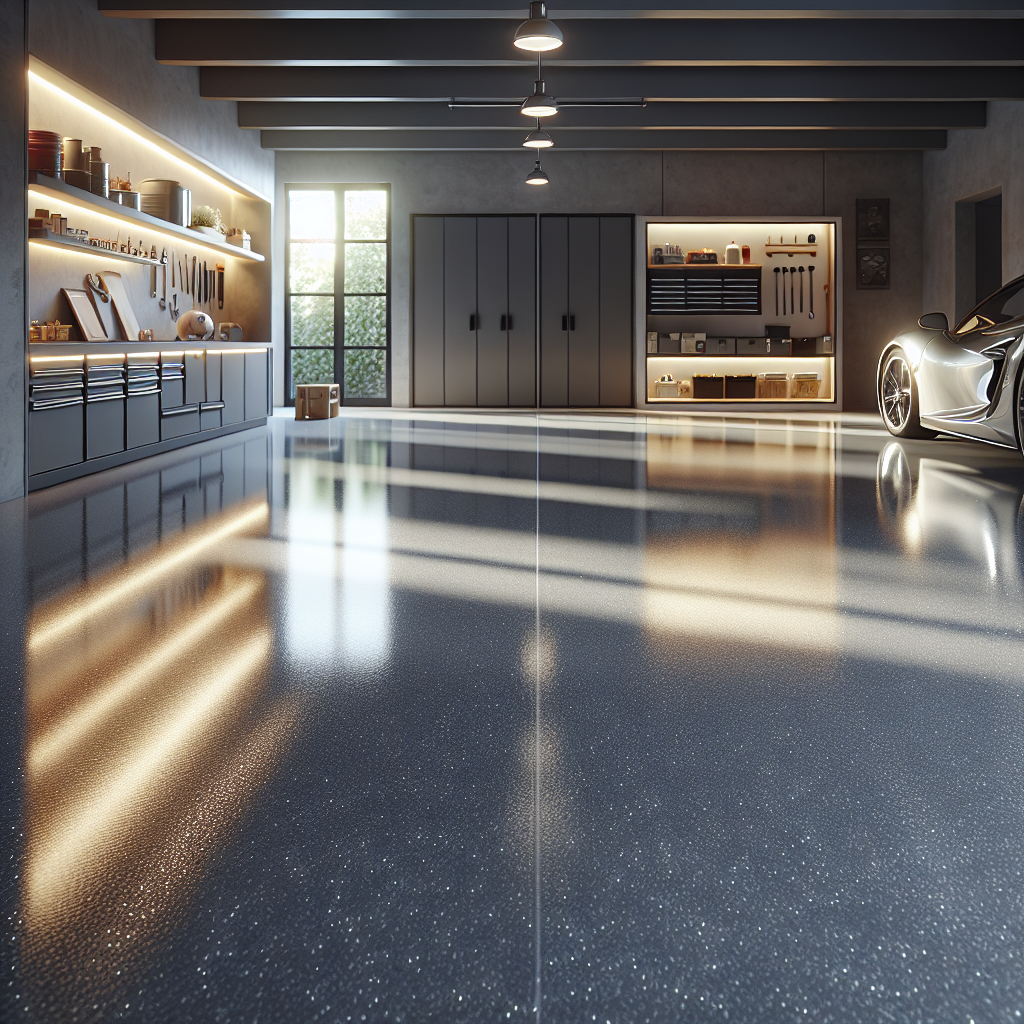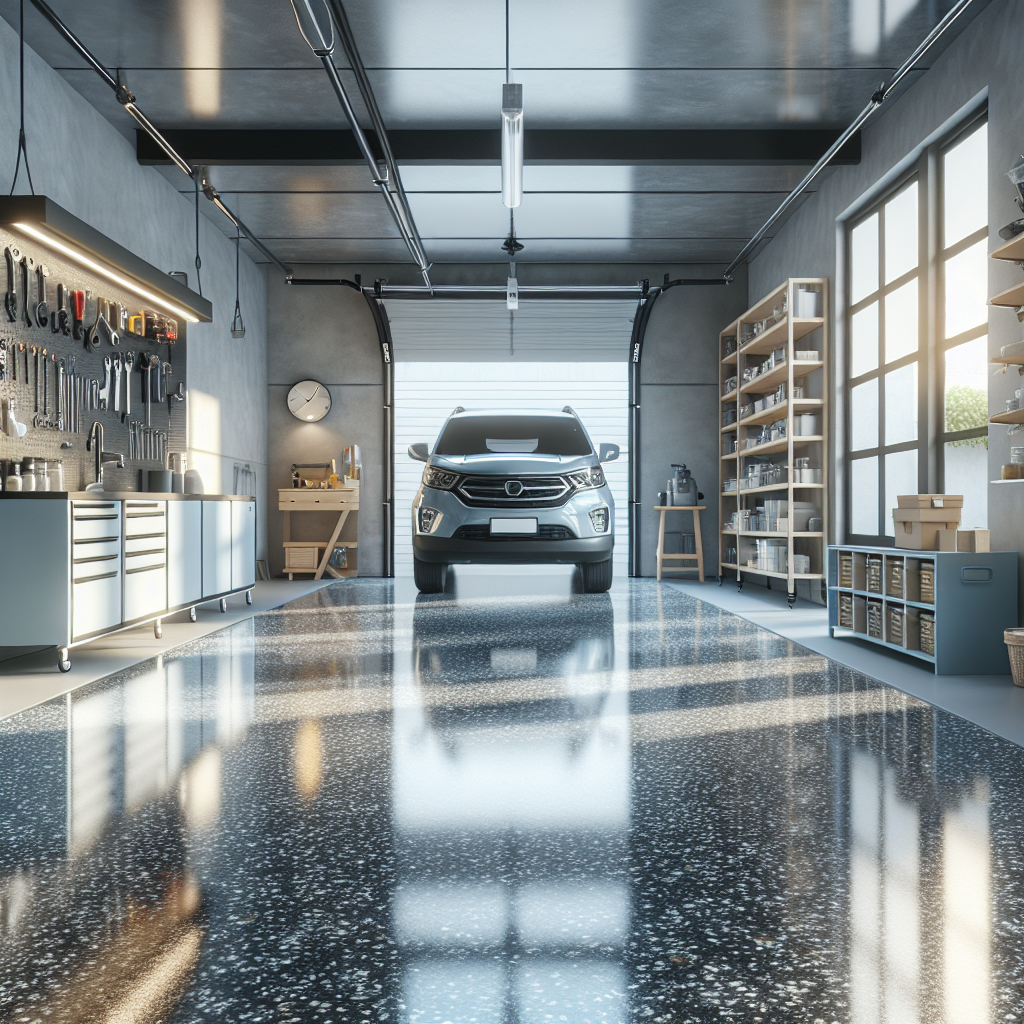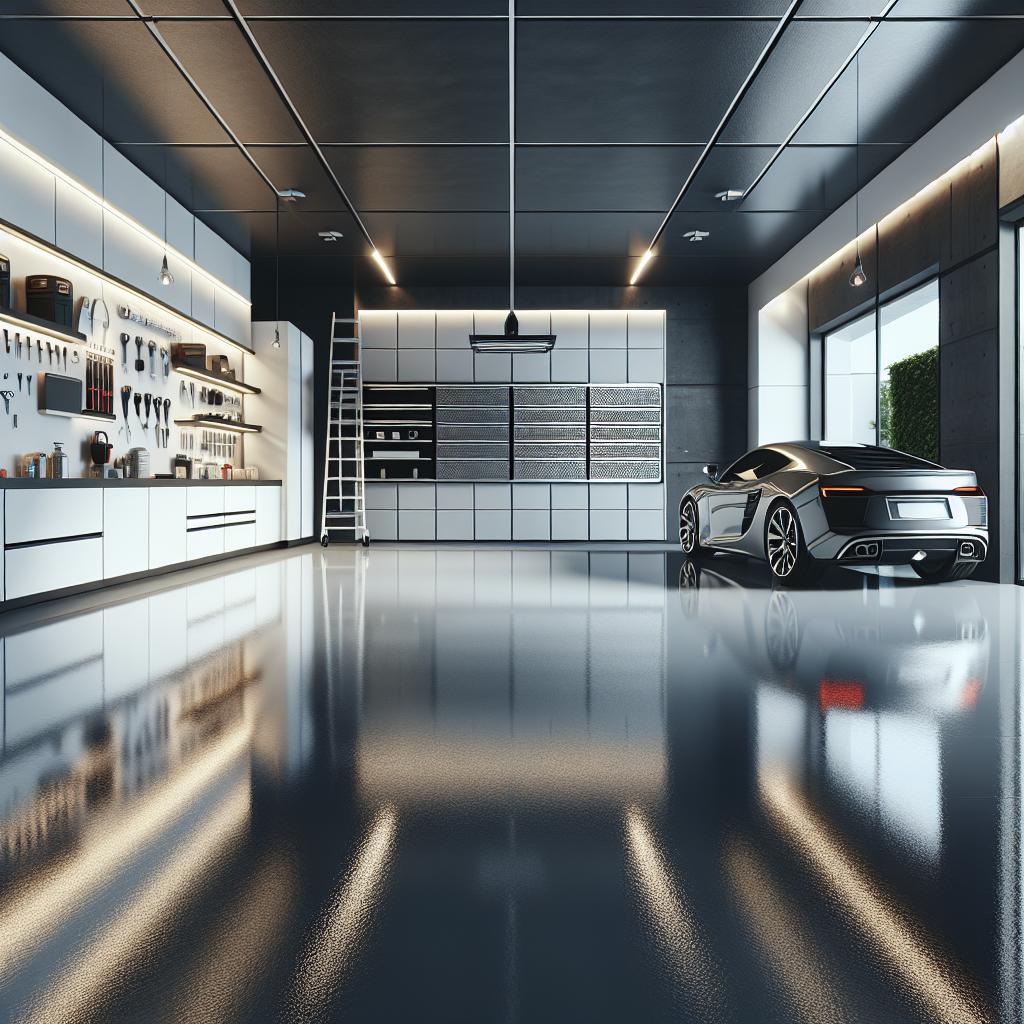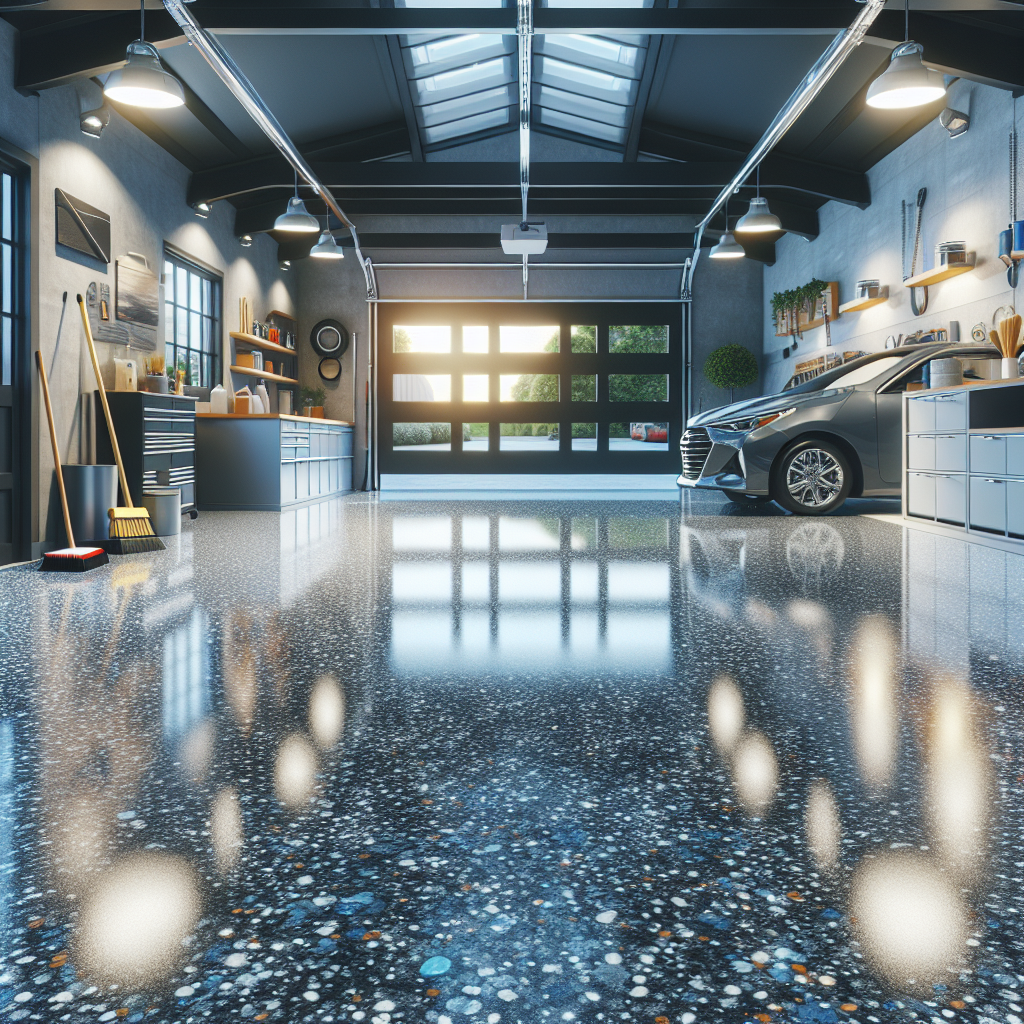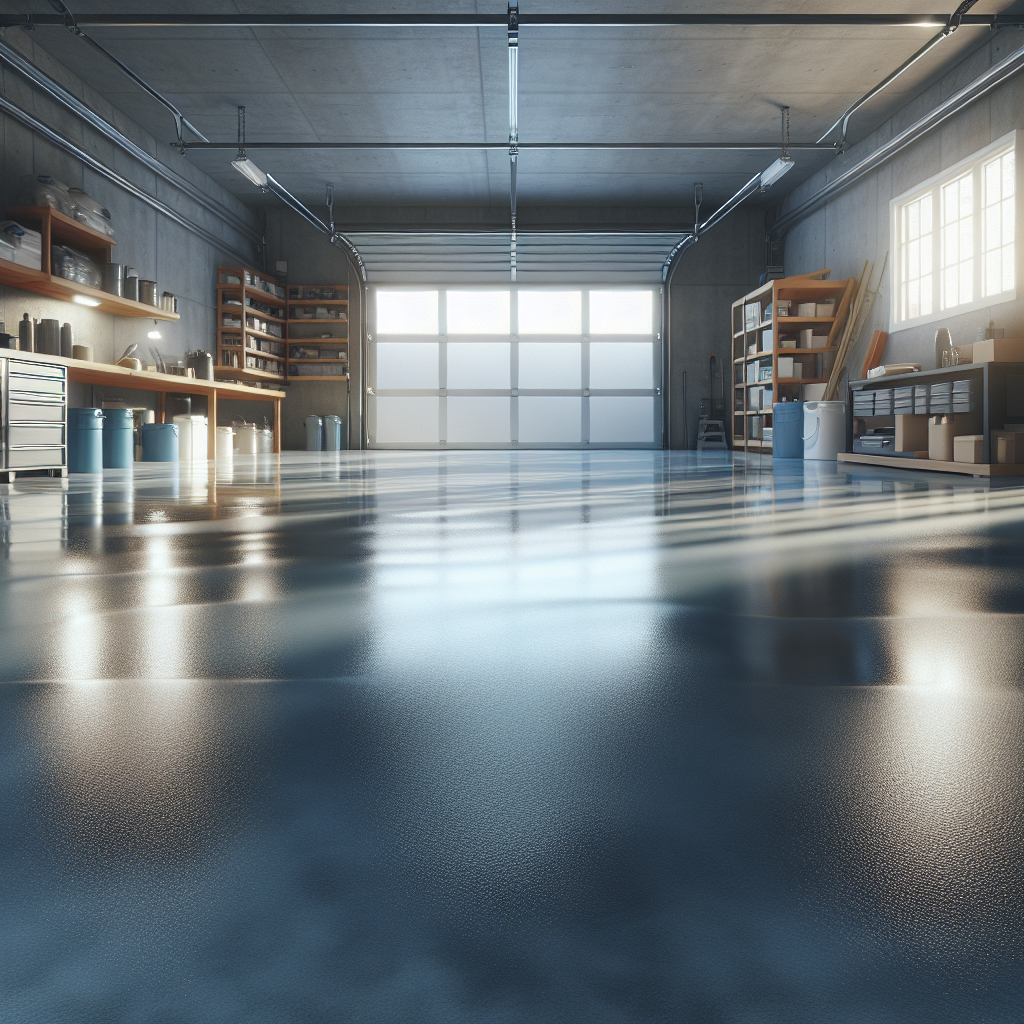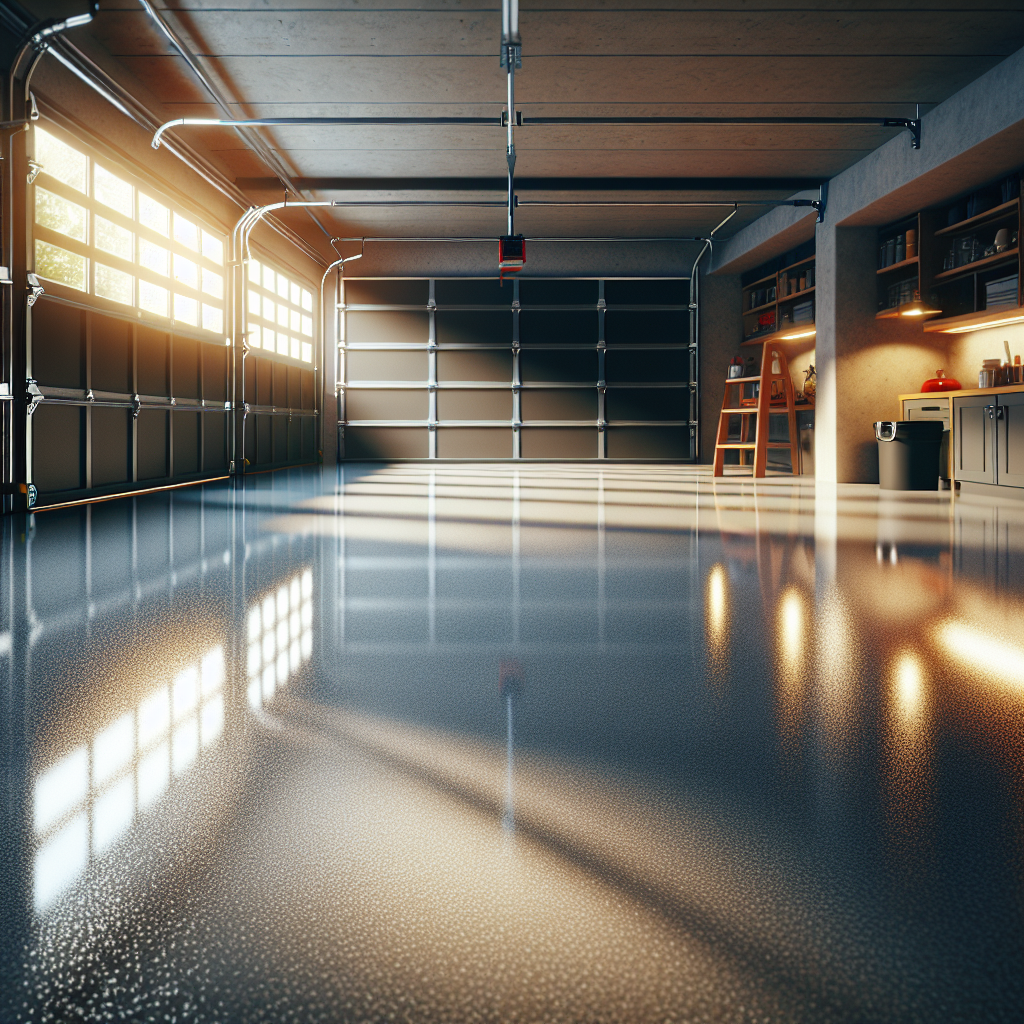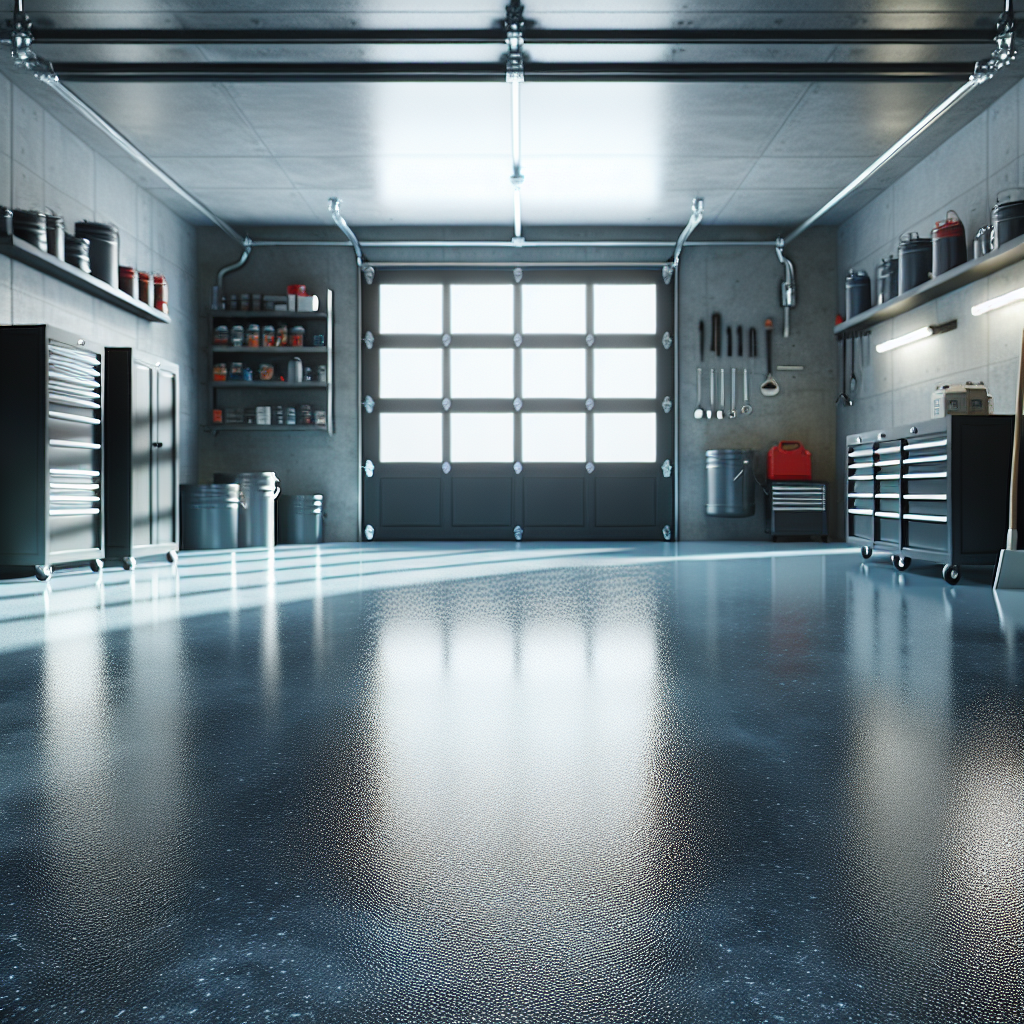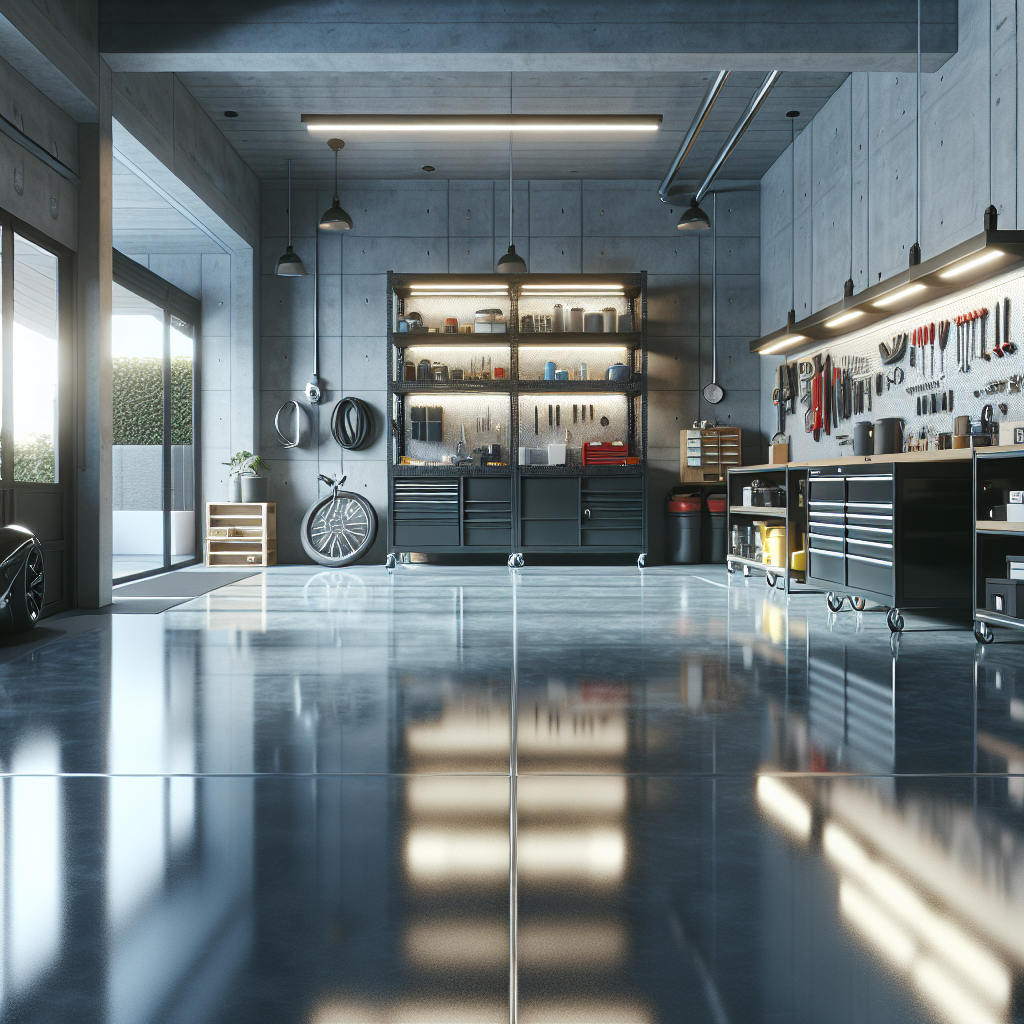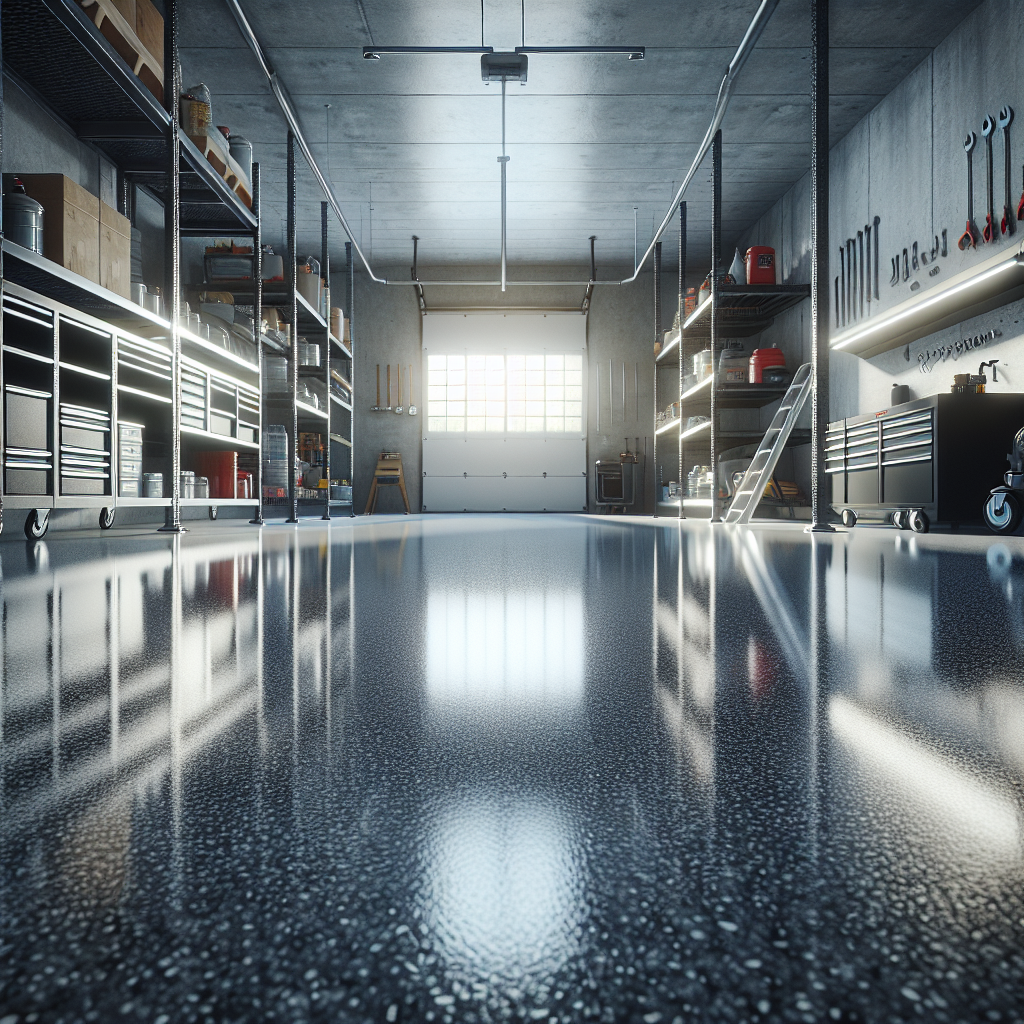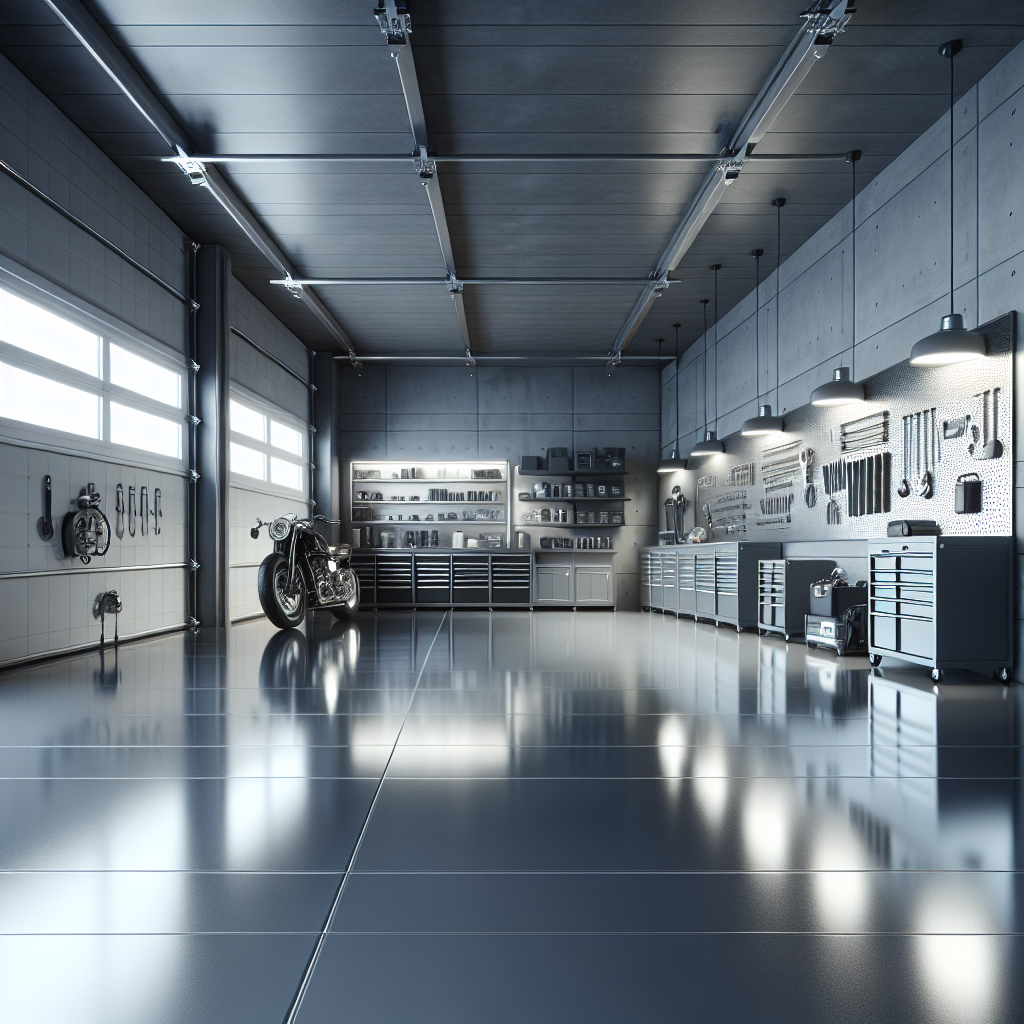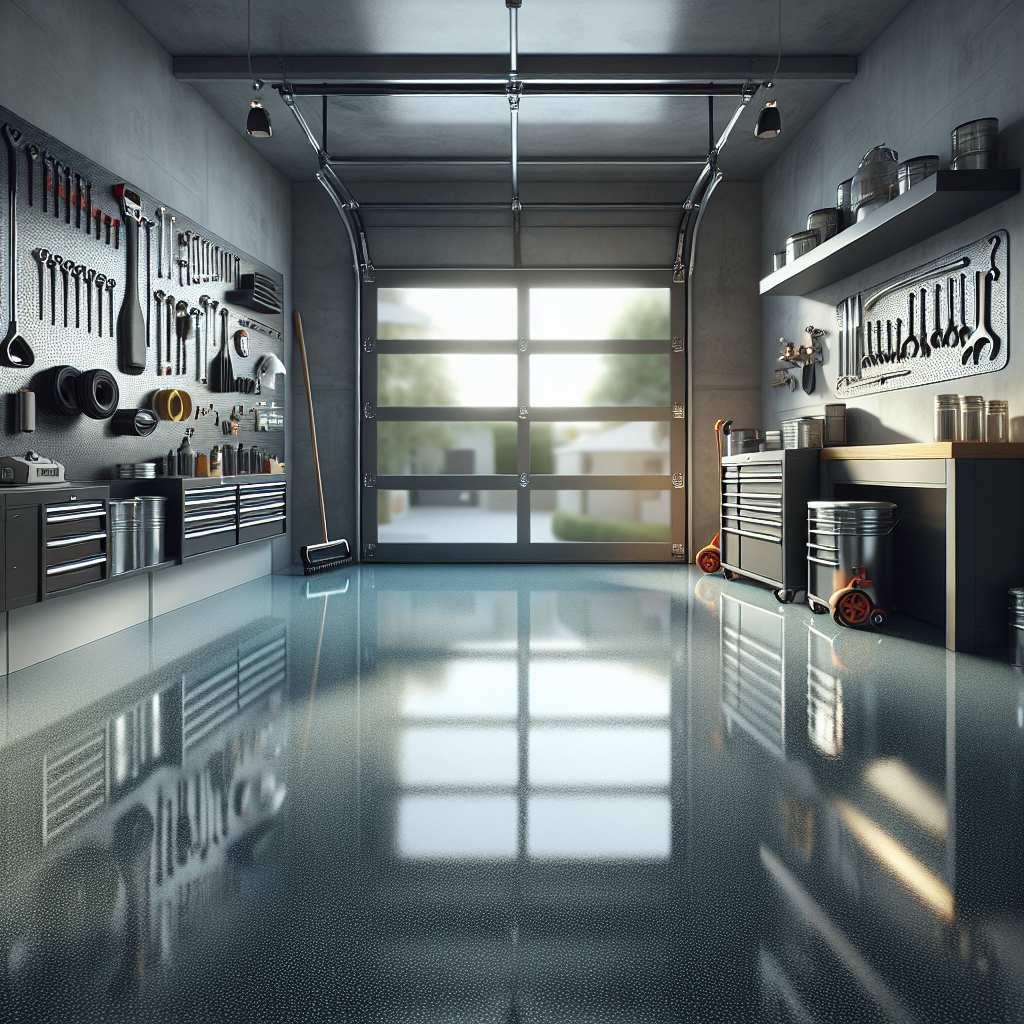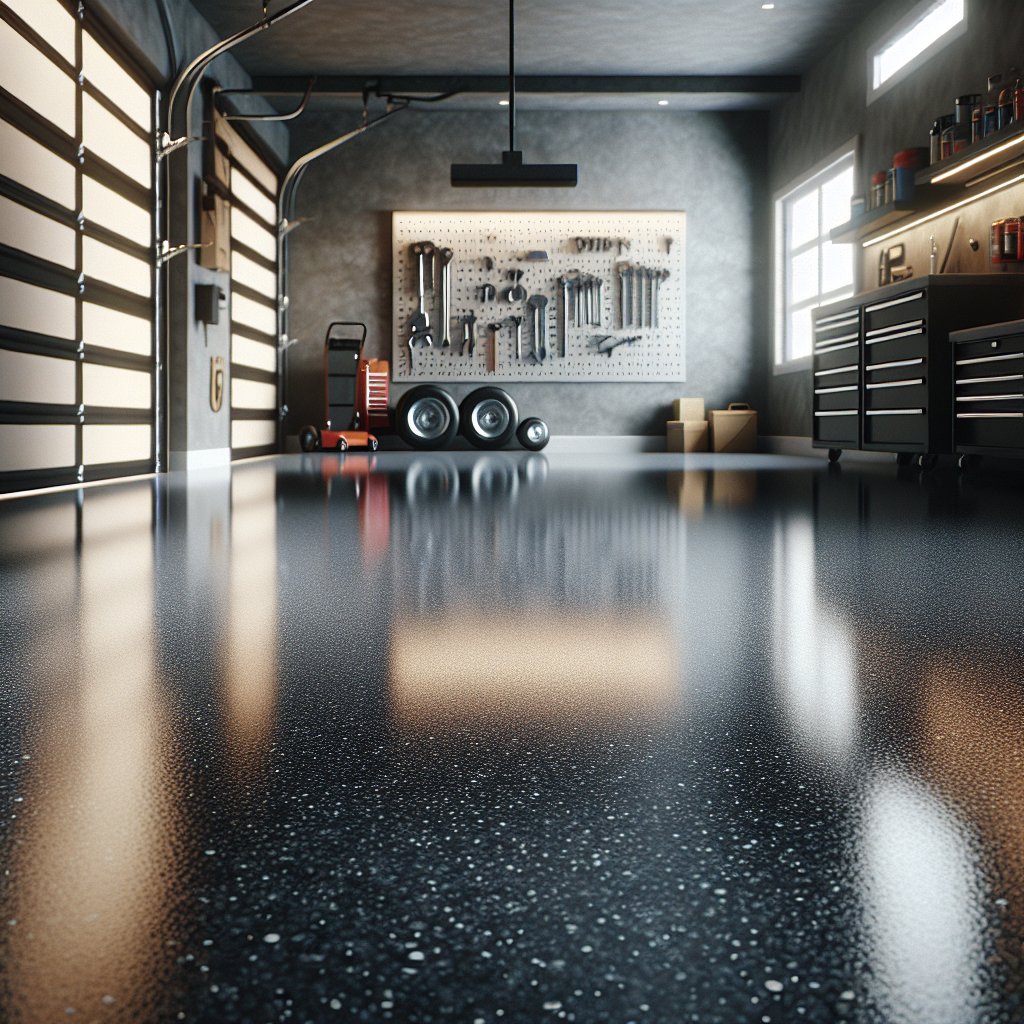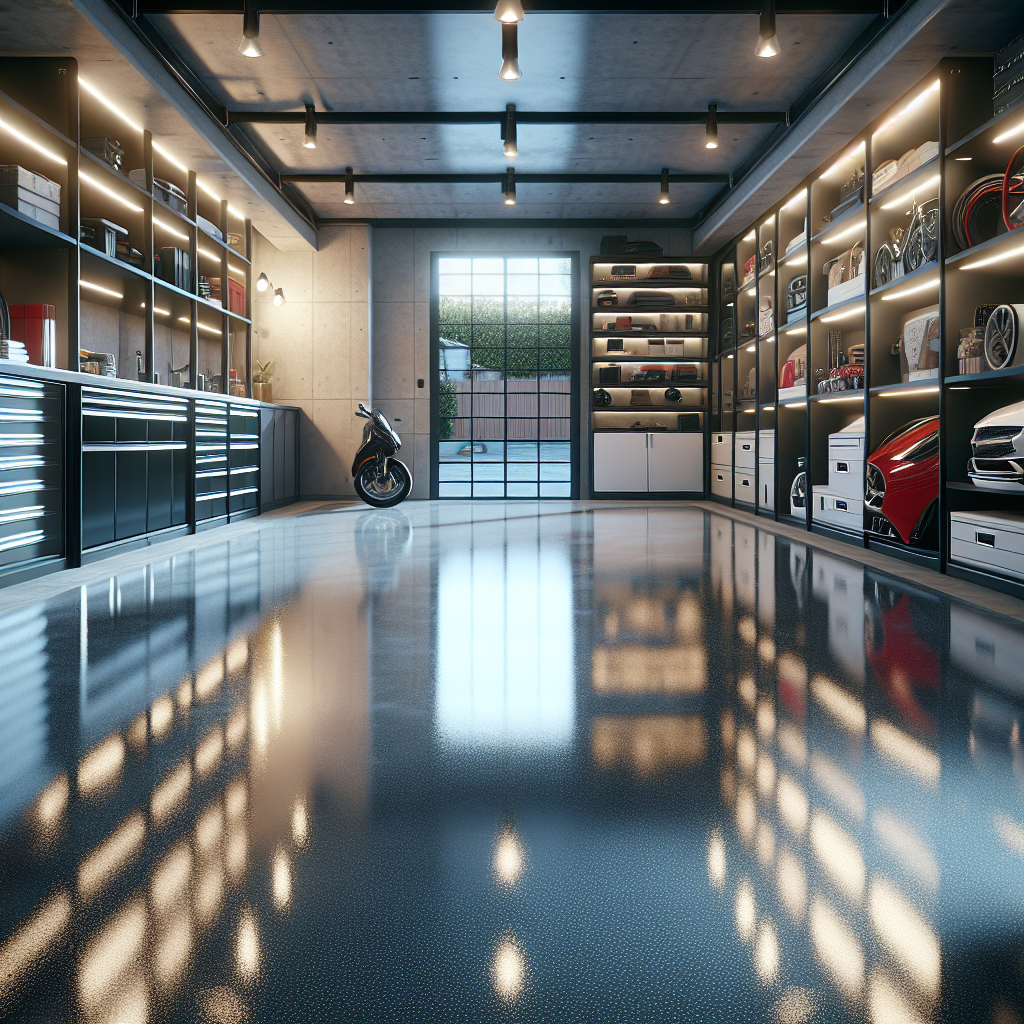When searching for e z floors near me, it’s essential to understand what these flooring options entail and the various benefits they provide. E Z Floors are designed to offer a perfect blend of quality, durability, and affordability, making them an ideal choice for both residential and commercial spaces.
One of the primary advantages of E Z Floors is their ease of installation. These flooring solutions often come with user-friendly designs that allow for quick and hassle-free installation, saving you both time and labor costs. Additionally, the surfaces are typically made from high-quality materials that are resistant to wear and tear, ensuring long-lasting performance.
Another significant benefit is the low maintenance required to keep E Z Floors looking pristine. Unlike traditional flooring options that may require frequent refinishing or repairs, E Z Floors are designed to withstand the rigors of everyday use with minimal upkeep. This means more time enjoying your beautiful floors and less time worrying about them.
Moreover, E Z Floors present a variety of styles and finishes, allowing you to select the perfect look to match your décor. From sleek modern designs to classic finishes, you can find an option that enhances the aesthetics of your space.
With all these benefits in mind, it’s no wonder that many people are turning to E Z Floors for their flooring needs. If you’re interested in exploring the best options available, call us today for a free quote at Americas Industrial Coatings in Fort Lauderdale, your trusted source for expert epoxy floor installation in Broward County, Florida.
Why Choose E Z Floors for Your Home
Choosing the right flooring for your home is a crucial decision that can impact both functionality and aesthetics. E Z Floors offer several compelling reasons why they should be at the top of your list when considering new flooring options.
Firstly, affordability plays a significant role in the decision-making process. E Z Floors are priced competitively, allowing homeowners to achieve a high-quality look without breaking the bank. This cost-effectiveness is particularly appealing for those on a budget, as it enables you to invest in other aspects of your home renovation.
In terms of durability, E Z Floors are engineered to handle heavy foot traffic, making them suitable for households with children and pets. The robust materials used in their construction ensure that they can withstand everyday wear and tear, reducing the need for premature replacements.
Another benefit is their versatility. E Z Floors come in a wide range of styles, colors, and finishes, making it easy to find the perfect match for your home’s interior design. Whether you prefer a modern aesthetic or a more traditional look, there’s an E Z Floor option that will complement your space.
Furthermore, the environmentally friendly nature of many E Z Floors is appealing to eco-conscious consumers. Many products are designed with sustainability in mind, using materials that are less harmful to the environment and promoting healthier indoor air quality.
In summary, the combination of affordability, durability, versatility, and eco-friendliness makes E Z Floors an excellent choice for any homeowner looking to enhance their living space.
Finding E Z Floors Near You Easily

In today’s digital age, finding quality products nearby has never been easier, and E Z Floors are no exception. To discover E Z Floors near you, there are several effective strategies you can employ to streamline your search.
First and foremost, utilizing online search engines is a highly efficient method. By simply typing “E Z Floors near me” into your preferred search engine, you can quickly generate a list of local suppliers and installers. This approach often provides you with customer reviews, ratings, and contact information, giving valuable insights into the services offered.
Additionally, visiting the official websites of E Z Floors can provide you with a store locator tool. Many manufacturers offer this feature, allowing you to input your zip code to find the nearest retailers. This not only confirms the proximity but also lists various product offerings at those locations.
Social media platforms also serve as a great resource. Many flooring companies maintain active profiles on platforms like Facebook and Instagram, showcasing their latest projects and promotions. You can easily interact with these businesses to inquire about their products and services, and even see customer feedback.
Lastly, you may want to consider local home improvement stores or flooring specialists. These establishments often carry a selection of E Z Floors and can provide personalized assistance in selecting the right flooring for your needs.
By leveraging these resources, finding E Z Floors near you can be a straightforward and hassle-free process, ensuring you make an informed decision for your flooring needs.
Comparing Quality and Affordability of E Z Floors

When it comes to flooring, two primary factors significantly influence the purchasing decision: quality and affordability. Understanding how E Z Floors stacks up in these areas is essential for homeowners and businesses alike.
Starting with quality, E Z Floors are renowned for their durability and aesthetic appeal. Made from high-quality materials, these floors are designed to withstand heavy foot traffic and resist wear and tear, making them an excellent choice for both residential and commercial spaces. The range of styles and finishes available allows homeowners to achieve the desired look without compromising on functionality.
On the other hand, affordability is a critical consideration for many. E Z Floors are competitively priced, making them an attractive option for those on a budget. Unlike some high-end flooring alternatives, E Z Floors offer a balance between cost and performance, ensuring that you do not have to sacrifice quality for price. Additionally, the longevity of these floors means fewer replacements over time, further enhancing their value.
To make an informed decision, it’s essential to compare E Z Floors with other flooring options in terms of both these criteria. Consider the following:
- Durability: How well does the flooring hold up against wear?
- Maintenance: What are the upkeep costs associated with different flooring types?
- Style Variety: Does the brand offer a range of designs to suit your aesthetic?
- Warranty: What kind of warranty is provided to ensure peace of mind?
By evaluating these aspects, you can appreciate how E Z Floors not only meet quality standards but also provide a budget-friendly solution for your flooring needs. This analysis positions you to make an educated choice that aligns with both your financial plan and desired quality.
Customer Reviews and Testimonials on E Z Floors

Customer feedback plays a vital role in assessing the effectiveness and reliability of any product, and E Z Floors is no exception. Reviews and testimonials from satisfied customers provide valuable insights into the performance and quality of these flooring options.
Many users appreciate the ease of installation associated with E Z Floors. Customers often mention that the installation process is straightforward, making it an appealing choice for DIY enthusiasts. This ease of use, coupled with the professional installation services offered, ensures that clients can achieve their desired look without extensive hassle.
Quality is a recurring theme in customer testimonials. Numerous reviews highlight the durability and robustness of E Z Floors, especially in high-traffic areas. Homeowners have noted that their floors have maintained their appearance and functionality over time, demonstrating resilience against scratches and dents.
Another notable aspect mentioned in many testimonials is the variety of styles and finishes available. Customers enjoy the flexibility to choose flooring that complements their existing décor, whether they prefer a modern, sleek look or a more classic aesthetic. This adaptability has garnered positive feedback from a diverse range of users, including residential and commercial clients.
Affordability is also a significant point in customer reviews. Many users express satisfaction with the cost-effectiveness of E Z Floors, indicating that they received excellent value for their investment. When compared to other flooring options, customers have noted that E Z Floors deliver a perfect balance of quality and price, making them a preferred choice.
Overall, the positive reviews and testimonials regarding E Z Floors highlight their reliability, versatility, and affordability, helping prospective buyers feel confident in their decision-making process.
Conclusion: E Z Floors for Exceptional Value

In the quest for quality flooring solutions, E Z Floors stands out as a remarkable option that combines both affordability and exceptional value. As highlighted throughout this article, the numerous advantages of E Z Floors make them a go-to choice for homeowners and businesses alike.
The product’s ease of installation, robust durability, and stylish versatility cater to a wide range of tastes and preferences. Customers have consistently praised the quality of E Z Floors, further emphasizing the brand’s commitment to delivering reliable and high-performing flooring options.
Moreover, the positive testimonials from satisfied clients reinforce the notion that investing in E Z Floors is a wise decision. With various styles and finishes available, you can effortlessly find a flooring solution that not only enhances the beauty of your space but also stands the test of time.
When it comes to flooring, making an informed choice is crucial, and E Z Floors provides a compelling case for those seeking a balance between quality and cost. If you are looking to elevate your space with flooring that promises both style and longevity, consider choosing E Z Floors.
Call Us Today for a Free Quote and discover how E Z Floors can transform your home or business with exceptional value!
